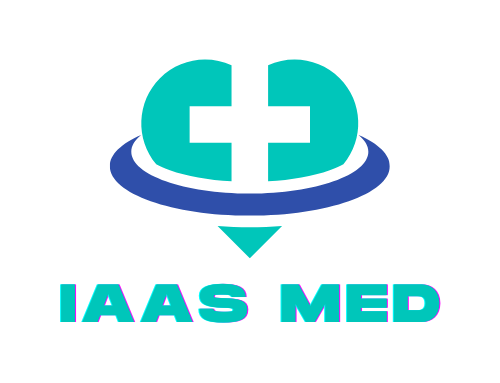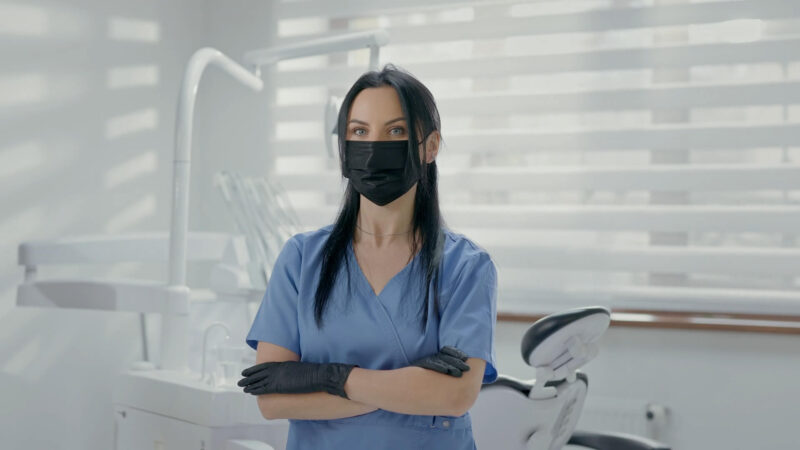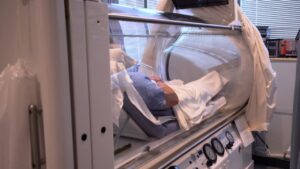Obtaining a medical degree is one of the prerogatives for becoming a professional. It is a long process that often lasts for years. Naturally, it depends on the specializations.
There are numerous specializations out there to consider. An individual would need to choose the specialization carefully. At the same time, a lot depends on the school or university.
In some cases, considering an online DNP program might be a good way to go. If you are interested in it, learn more here.
But there is one thing you need to think about. Do higher degrees make us better professionals?
Let’s discuss it.
Argument for Higher Education in Healthcare

The most important argument for obtaining a higher educational degree revolves around the connection between patient safety and higher education.
There are numerous studies that show how better-equipped and better-educated staff has the necessary skills for managing all the elements within the patient care concept.
It goes without saying that patient care should be a primary focus of every medical professional. But it must be said that this education should not just revolve just around theoretical knowledge, but also practical ones.
Here are some elements that make the list of the most important practical skills:
- Taking care of individuals in need of critical care
- Emergency response
- Management chronic conditions
Each of these elements requires an individual who is able to act as fast and precise as possible.
As you can see, this is a major reason why the industry holds higher education as a standard, which should be adhered to. Those who are about to enroll in university or any other school should understand this point will be raised in every job interview they will go to.
It is an indicator of an individual being familiar with the most advanced technologies that have become crucial for providing the best possible care. Of course, this doesn’t mean that the future employer will not conduct thorough tests and practices to ensure the professionalism and knowledge of the candidate.

A good example of this can be found in the case of nurses.
Nurses are a crucial part of, let us say, a well-oiled machine. Without them, patients wouldn’t get the proper care and doctors will not have an insight into everything they should. That is why nurses with higher education are held in the highest regard.
They have the opportunity to make some decisions independent of the doctors. If you know just how many patients one doctor can have, this is one of the elements that will certainly play a vital role, regardless of the hospital we are talking about.
Furthermore, they can implement all the technological advancements in their practice. At the same time, nurses will play a major role in overseeing all the processes needed to ensure the well-being of their patients.
Argument Against the Necessity of Degrees

The debate against the overflow of higher education in healthcare regularly facilities on the cost of sensible revel in over theoretical information.
Many experienced nurses and healthcare professionals argue that real-global capabilities received via arms-on experience can be greater impactful than those learned in an educational placing.
This viewpoint shows that the attributes making an extremely good nurse—such as empathy, quick thinking, and effective conversation—are often honed through directly affected person interactions as opposed to through school rooms.
There are several examples in which nurses without formal schooling have excelled in their roles, demonstrating exceptional care and problem-solving capabilities in high-pressure situations.
The proof increases questions about the balance between education and enjoyment, suggesting that the requirement for better tiers would possibly forget about the capacity and abilities of folks who excel in realistic settings.
Cost and Accessibility Issues

The critique of mandating higher stages for healthcare specialists centers extensively on the financial and accessibility challenges of better training.
For many aspiring nurses and healthcare employees, the monetary fee of acquiring a degree may be daunting.
It is a barrier that no longer only deters ability entrants into the sphere but may exacerbate current staffing shortages.
The increased economic burden ought to impact the diversity of the healthcare team of workers, doubtlessly sidelining gifted individuals who can’t have the funds for the fee of superior education.
In areas including rural or underserved regions, the rush for better educational credentials intensifies disparities in healthcare delivery.
These regions often be afflicted by limited access to academic resources and possibilities, making it hard for nearby healthcare employees to pursue higher degrees.
The disparity can result in choppy great of care, in which regions with higher access to educational establishments have better healthcare offerings in comparison to their less advantaged opposite numbers.
Critics of diploma creep spotlight its financial implications not only for people but for the healthcare device as a whole.
They argue that this requirement does now not necessarily correlate with advanced patient care consequences, and might, consequently, constitute an inefficient allocation of assets.
The focus on formal education could also overshadow opportunity pathways of professional development which might be doubtlessly more inclusive and fee-powerful.
Methods inclusive of on-the-job training and expert certifications can provide sensible, palms-on experience that is immediately relevant to affected person care, without the prohibitive charges related to acquiring a degree.
This attitude advocates for a greater balanced method of training in healthcare, which emphasizes flexibility and accessibility.
By valuing exclusive styles of expert development, the healthcare enterprise can make certain that super care remains handy and that the staff is diverse and nicely prepared to fulfill the challenges of affected person care.
Such an approach may want to assist stability of the scales among necessary theoretical understanding and helpful sensible enjoy, making sure a comprehensive healthcare device that serves all communities efficiently.
Summary
Obtaining a higher degree is a good thing to do for those who want to make progress in their career.
Still, we would like to point out that this does not mean individuals with higher degrees are better workers.
Being a good professional depends on a variety of factors. Degrees are important, but not the only factor.















